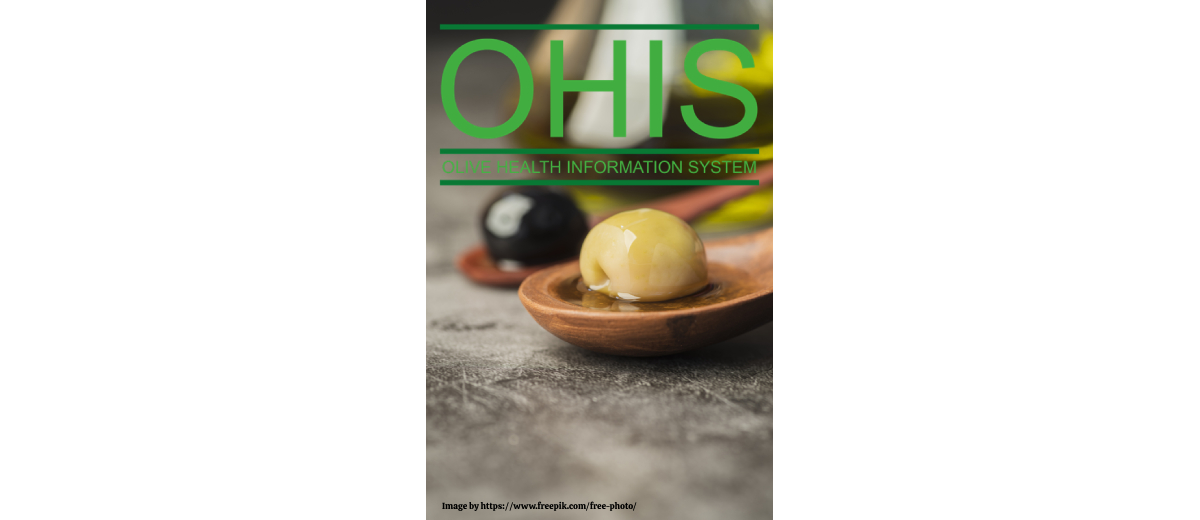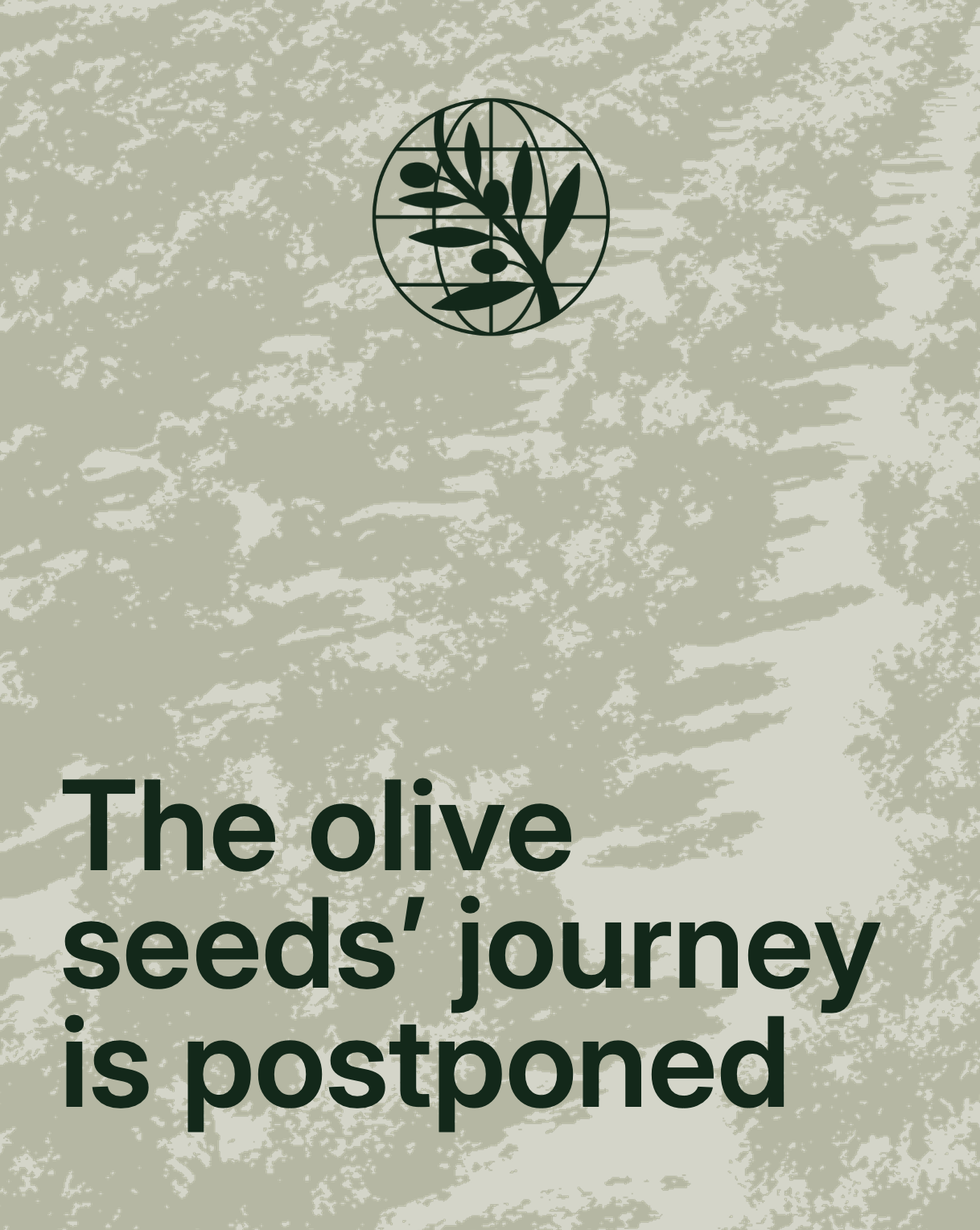Diet is recognized as a modifiable risk factor in preventing and treating age-related diseases. This week’s newsletter brings you information on studies showing that healthy dietary patterns, such as the Mediterranean diet, could reduce the risk of developing neurodegenerative disorders. A scoping review involving 32 studies suggests that adherence to healthy dietary patterns, which are characterized by a higher intake of antioxidant and phytochemical components such as fruits, vegetables and olive oil, were linked to an improvement in Parkinson’s disease symptoms, severity and decreased incidence. On a similar note, previous scientific literature has suggested that extra virgin olive oil (EVOO) may be helpful in preventing cognitive decline, including alzheimer’s disease. In the second study we bring forward this week, investigators present a network machine learning method for identifying the bioactive phytochemicals in extra-virgin olive oil (EVOO) with the highest potential to influence the protein network linked to the development and progression of Alzheimer’s disease. Their research identifies ten EVOO phytochemical compounds with protective effects against Alzheimer’s disease, including quercetin, genistein, luteolin, palmitoleate, stearic acid, apigenin, epicatechin, kaempferol, squalene, and daidzein. These findings should be validated in further studies, but they are nevertheless promising for the development of targeted therapies against Alzheimer’s disease.
Several olive oil phenolic compounds, such as hydroxytyrosol and tyrosol have been associated with improvements in oxidative and inflammatory markers. In a randomized controlled crossover trial, the APRIL study (Aove in PRedIabetes), researchers evaluated the effect of EVOO vs common olive oil on inflammatory and oxidative status in participants aged 40-65 years old with obesity and pre-diabetes. Participants were tracked for 1 month with a washout period of 15 days and were not instructed to modify their diet or physical activity. Findings revealed that the EVOO intervention significantly reduced interferon-gamma levels and body mass index compared with the regular olive oil intervention. Moreover, the total antioxidant status significantly increased after EVOO treatment, compared with the olive oil intervention. Despite these favorable results, further randomized clinical studies are needed to better understand the mechanism of action of olive oil phenolic compounds on neurodegenerative diseases.
Click HERE to see the latest posts…









